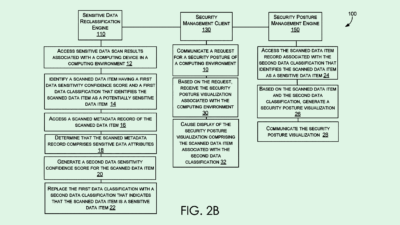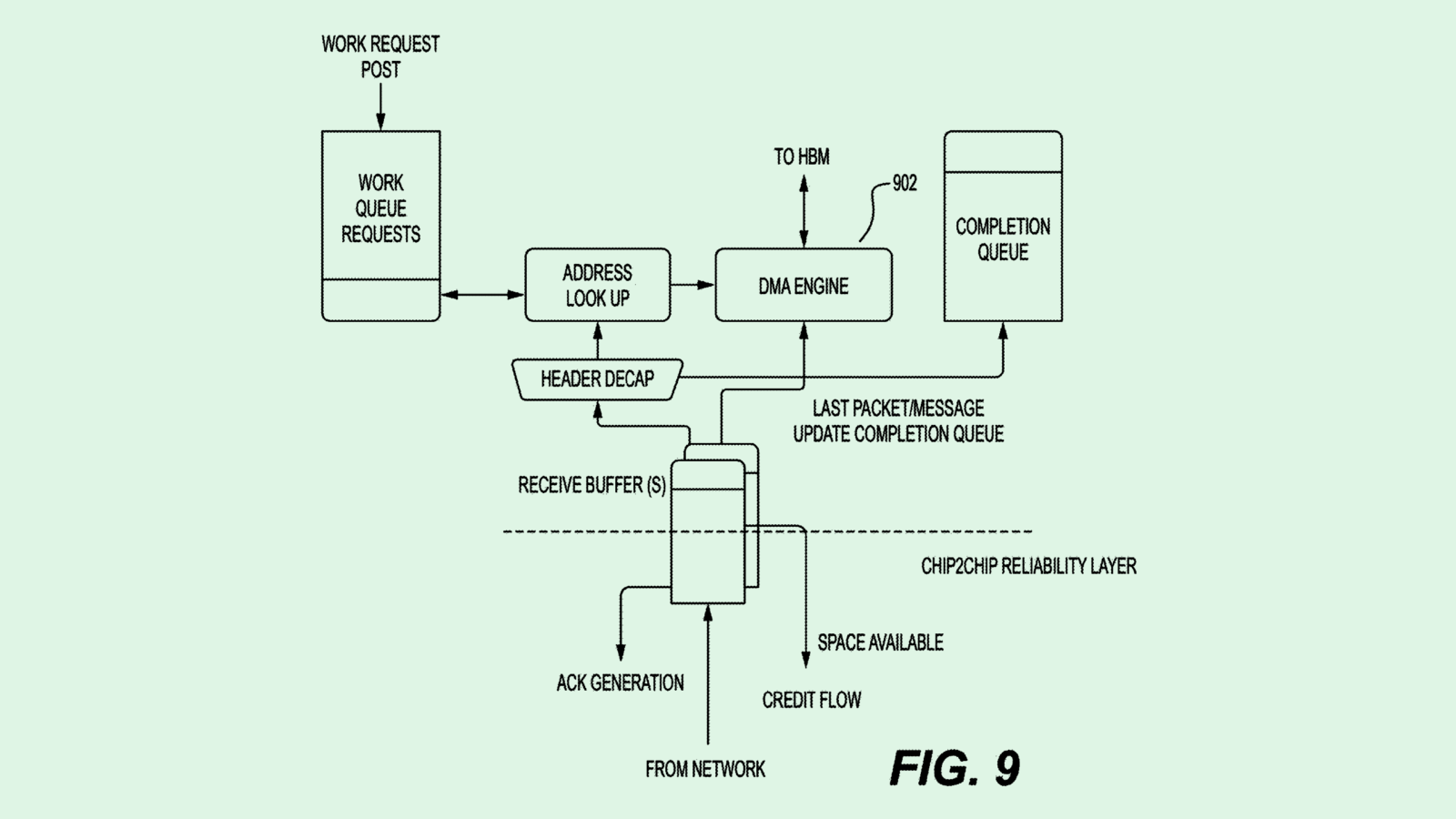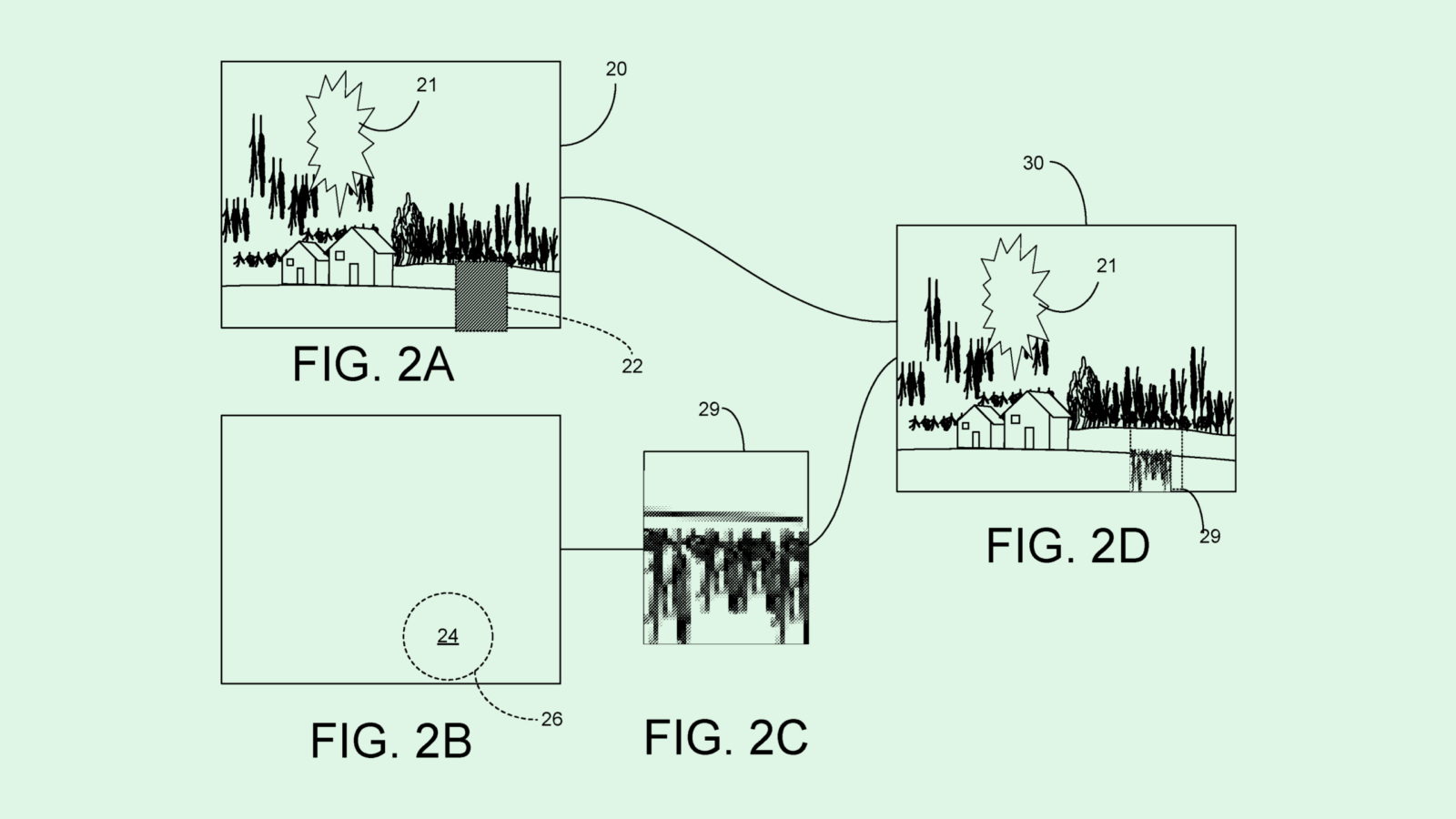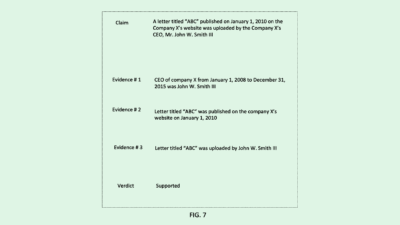eBay May Use Blockchain to Ward Off Scammers
Its patent for blockchain-based authorization relies on the tech’s immutability and transparency to track down bad actors.
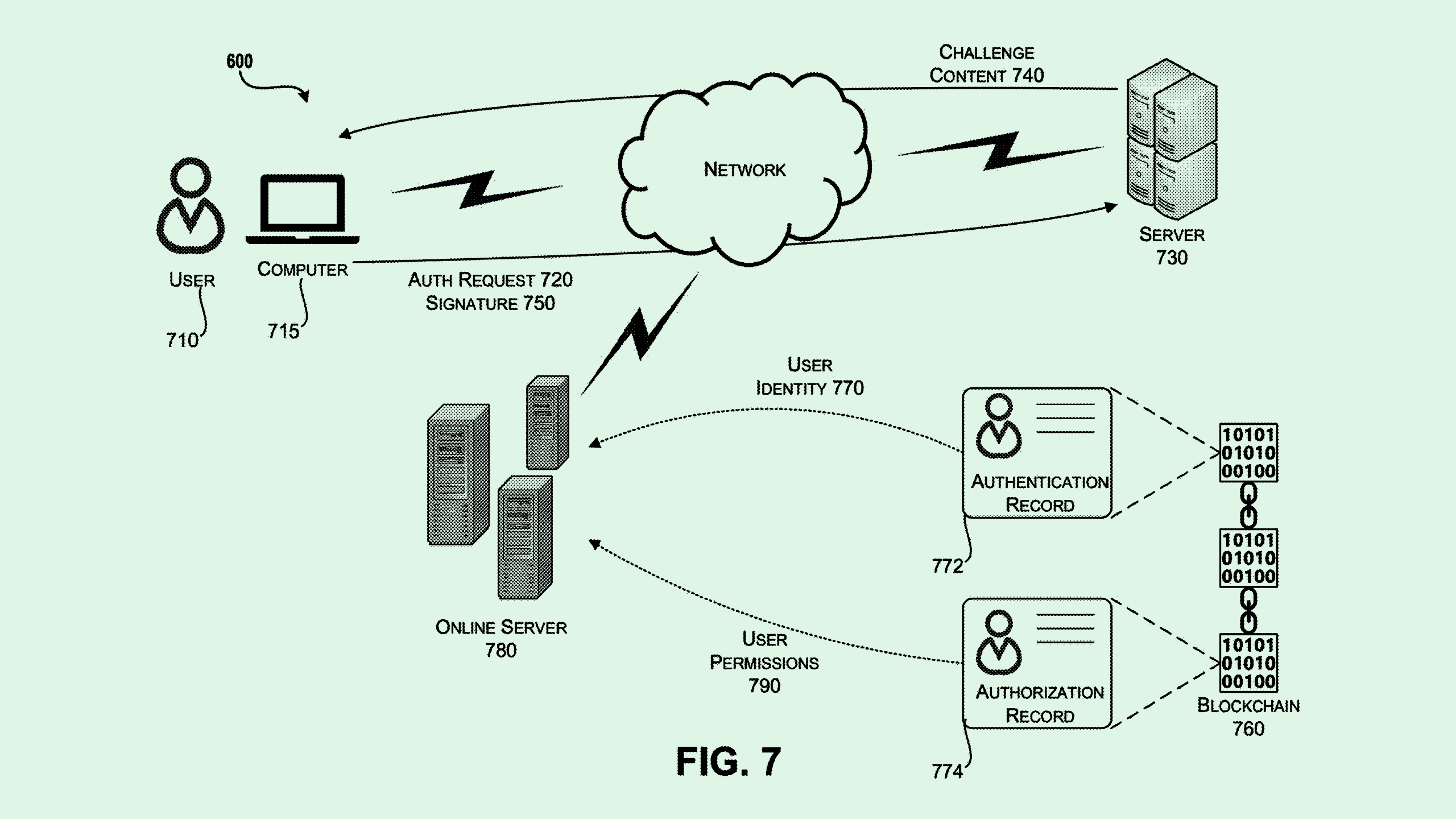
Sign up to uncover the latest in emerging technology.
eBay may want to use blockchain to prevent its users from getting scammed.
The company is seeking to patent “blockchain-based authentication and authorization.” eBay’s system essentially aims to bring the transparency and decentralization that blockchain provides to the process of authenticating its sellers.
“Authentication and authorization of users with respect to permissions granted by a central authority may be opaque to other users,” eBay said. “There may be situations in which the user is reluctant to extend trust to another user based only on assurances provided by a central authority.”
eBay’s system would give user’s ownership or control over a specific blockchain address using a private key. Once a user account is linked to a blockchain address, it’s recorded on the blockchain itself, and can be used for authentication. On the authorization side, ownership of a blockchain address would allow the user to “sign for transactions,” eBay said, essentially serving as a digital signature.
For authorization of these transactions, eBay’s system may come with a few stipulations. For one, a user may or may not be authorized to buy something or participate in certain auctions based on their previous transactions recorded on the blockchain. This system would record things like purchase history, sales history and payment history. For example, if a user wants to bid on a high-value item, they may be prohibited from doing so based on the amount of funds available in their cryptocurrency wallet.
This system may also use the blockchain to track a user’s “reputational score,” which could also determine whether they could buy, bid on or sell items. This score would fluctuate based on transaction behavior recorded on the blockchain.
Given its nature as a peer-to-peer marketplace, eBay researching ways to take on fraud using blockchain makes sense. Buyers and sellers need to be able to trust one another, and eBay has run into criticism in the past for fraud and counterfeits.
And late last month, the company reached a settlement with the US Department of Justice regarding the sale of pill presses and encapsulating machines on its site. The settlement requires eBay to pay $59 million and implement stricter processes for monitoring and reporting listings that violate its policies, though eBay denied the DOJ’s allegations that it violated any laws.
While the company is looking toward AI to verify the authenticity of its listings, the inherent features of blockchain may actually be just what eBay needs to keep the sellers themselves honest. eBay noted in the patent that with a blockchain-based reputation score, “bad actors can be identified and the immutability of records contained in the blockchain will make it difficult for those actors to distance themselves from their past behavior.”
Plus, this isn’t eBay’s first blockchain rodeo. The company previously sought to patent logistics tech that relied on blockchain to secure private information on shipping labels and methods to “fingerprint” physical items using NFTs.
And in mid-2022, the ecommerce firm invested heavily in blockchain tech with the acquisition of NFT marketplace KnownOrigin. However, since the acquisition, blockchain has had a fall from grace, with eBay reportedly laying off 30% of KnownOrigin’s staff and backing away from its plans for NFTs.
With patents like these, the company may be looking for a way to put the underlying benefits of blockchain to good use amid rocky waters for the industry.



